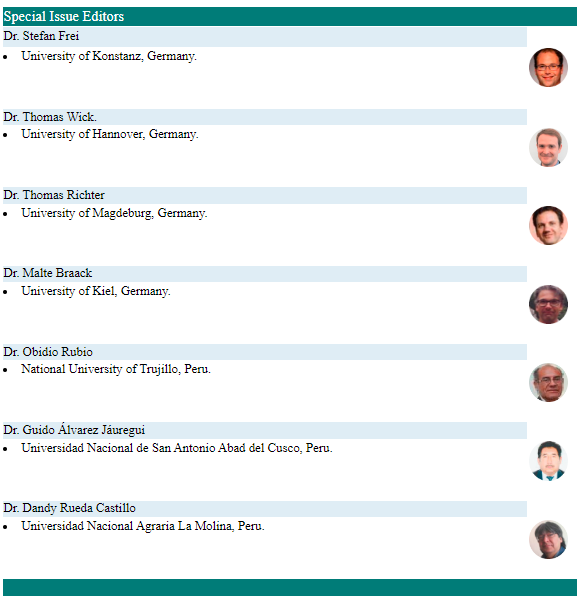MODELS AND METHODS OF LINEAR OPTIMIZATION WITH UNCERTAINTY: A BRIEF REVIEW OF THE STATE OF THE ART
DOI:
https://doi.org/10.17268/sel.mat.2015.02.02Keywords:
Optimization, uncertaintyAbstract
In the modeling of many problems on linear optimization is not possible to consider the classic deterministic model because the set of parameters is not fully known due to the significant variation of the data along time or because there is no uniformity on the values. These kind of problems are known as problems with uncertainty and there are different approaches about modeling and methods of solution to resolve them. In this paper we make a review of such approaches focusing basically in stochastic optimization, fuzzy optimization, intervaling optimization and hybrid optimization. The difference between these approaches is perceived in the nature of the data, notions of feasibility and optimality and computational requirements, among others.References
Acevedo, J., Pistikopoulos, E. Stochastic optimization based algorithms for process synthesis under uncertainty, Computers and Chemical Engineering, 22(1998), pp. 647-671.
Ahmed, S., King, A., Parija, G. A multi-stage stochastic integer programming approach for capacity expansion under uncertainty. Mathematical Problems in Engineering, (2014), pp. 1-8.
Ariafar, S., Ahmed, S., Choudhury I.A., Bakar, M.A. Application of Fuzzy to Production-Distribution Planning in Supply Chain Management., Journal of Global Optimization, 26 (2003), pp. 3-24.
Asai, K., Ichihashi H., Tanaka, H. A formulation of fuzzy linear programing problems based on comparison of fuzzy number. Control and Cybertec, 13 (1984), pp. 185-194.
Arenas, M., Jiménez, M., Rodriguez, M. Programación lineal posibilistica., Revista de Dirección y Administración de Empresas; 1997.
Published
How to Cite
Issue
Section
License
The authors who publish in this journal accept the following conditions:
1. The authors retain the copyright and assign to the journal the right of the first publication, with the work registered with the Creative Commons Attribution License,Atribución 4.0 Internacional (CC BY 4.0) which allows third parties to use what is published whenever they mention the authorship of the work And to the first publication in this magazine.
2. Authors may make other independent and additional contractual arrangements for non-exclusive distribution of the version of the article published in this journal (eg, include it in an institutional repository or publish it in a book) provided they clearly state that The paper was first published in this journal.
3. Authors are encouraged to publish their work on the Internet (for example, on institutional or personal pages) before and during the review and publication process, as it can lead to productive exchanges and to a greater and more rapid dissemination Of the published work.












